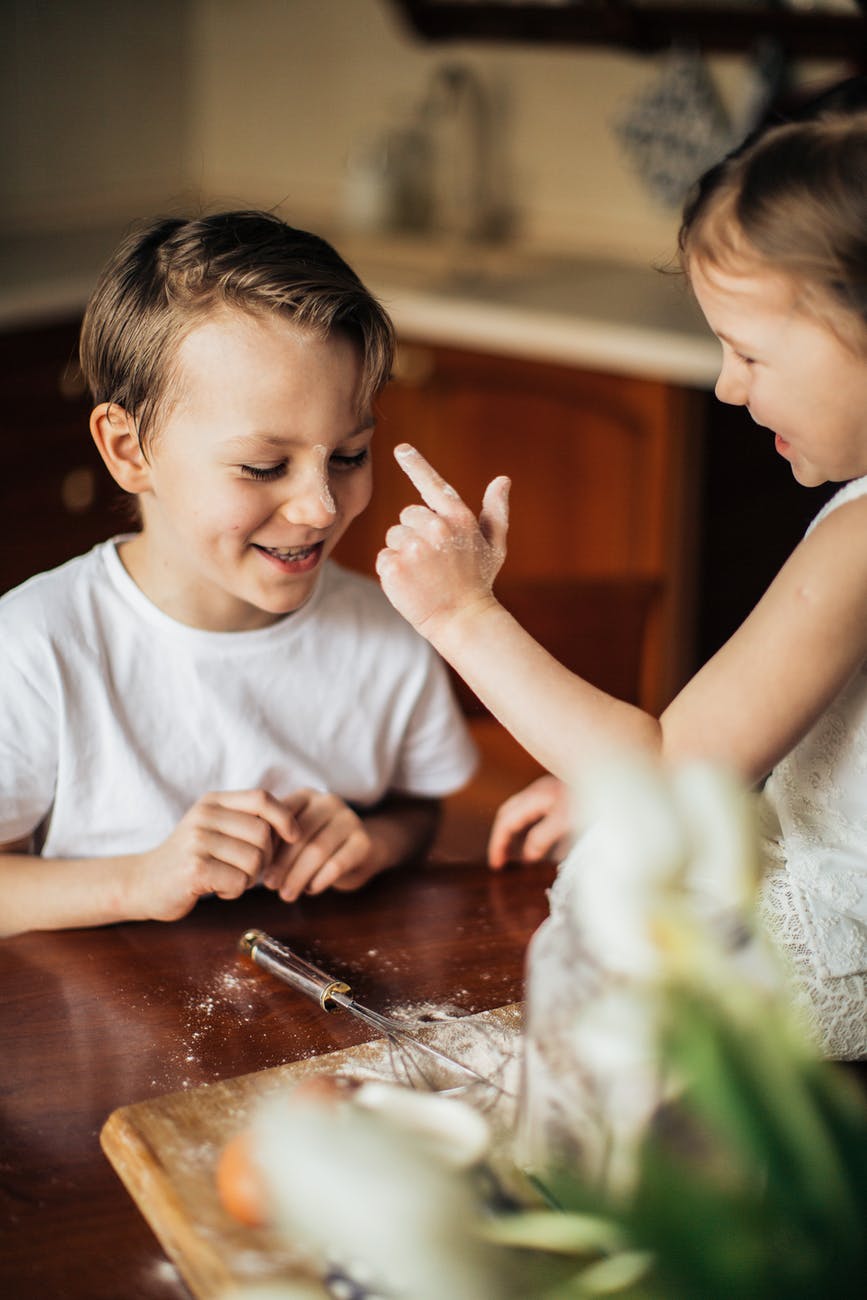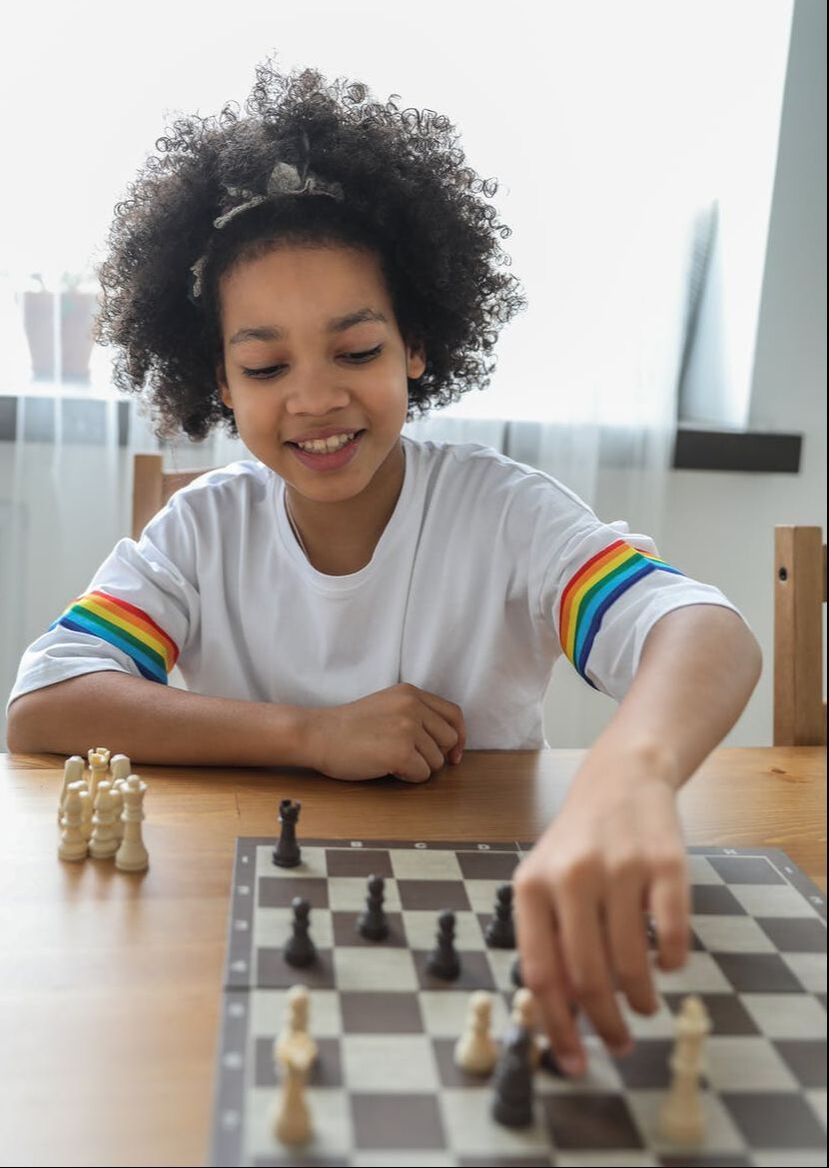Empathize.
Do you remember what school was like when you were a kid? Were you more concerned with grades, friends, parties, dances, sports, or popularity? Yes, your teen might be acting as if COVID-19 was introduced only to ruin their life, but don't overreact. Take a moment to put yourself in her proverbial shoes. It really is a tough time, and she doesn't have the life experience you have. Whatever means you use, meditation, yoga, deep breathing, walks or runs, eating Oreos , try to get your emotions back into check. This balance will enable you to manage your own emotions and be empathetic to your child.
If you are okay, they'll be okay.
As parents, we are our children's social and emotional coping models. You, too, are tired of COVID-19, and you miss your friends. Don't try to pretend that all is well in the world. Holiday festivities were just cancelled or virtual. It is hard! Show your children you are human too. Share your frustrations. Commiserate. Hold a mini pity party with your child. Eat popcorn, dance, laugh, and try to embrace this time together.
Promote a respectful tone and banter.
We all have times when our tone does not reflect our intentions. Chances are you have used that sharp tone of voice with your children. Model using a tone that communicates respect, when humanly possible. Start by asking the whole family, including you, to pay attention to words and tone. This way the child who struggles the most is not singled out. The whole family can try to be more considerate. Be sure to share with your children what respectful looks like, and admit to them when you struggle with showing them respect. Consider a code word or reminder that family members can use when that sharp tone is used. Eventually, you will catch it before you will need to be told.
Continue to emphasize your child's interests and strengths.
Part of your teen's grief process is that the activities, social connections, and past infrastructure that she adored are not available right now. Now is the time to put on your creative hat. What did your son enjoy about hockey? Why was there a spark when your daughter steps on stage? How can you tap into those sources of happiness? Identifying and harnessing strengths is invaluable and produces positive energy while reducing the feelings of being trapped.
Collaborate and pick a daily activity to cope with frustrations and emotions.
Each day that is unproductive or spent in solitary can potentially be a day that brings disappointment. Teens are notorious for rejecting advice, but if shrouded in fun, they may be amenable. When your teen is in an environment and in a mood to chat, jot down some ideas together. What activities can they do each day of the week or the month? Perhaps an athletic kid can do more outdoor activities. A trip to the craft store can foster some much-deserved creativity. The point here is to build on strengths, develop new interests, and strengthen relationships.
Parenting in a pandemic is not easy. Breaking the mold of same-old, same-old may be just the ticket to getting over the hump and creating the family ties that nurture each family member.


